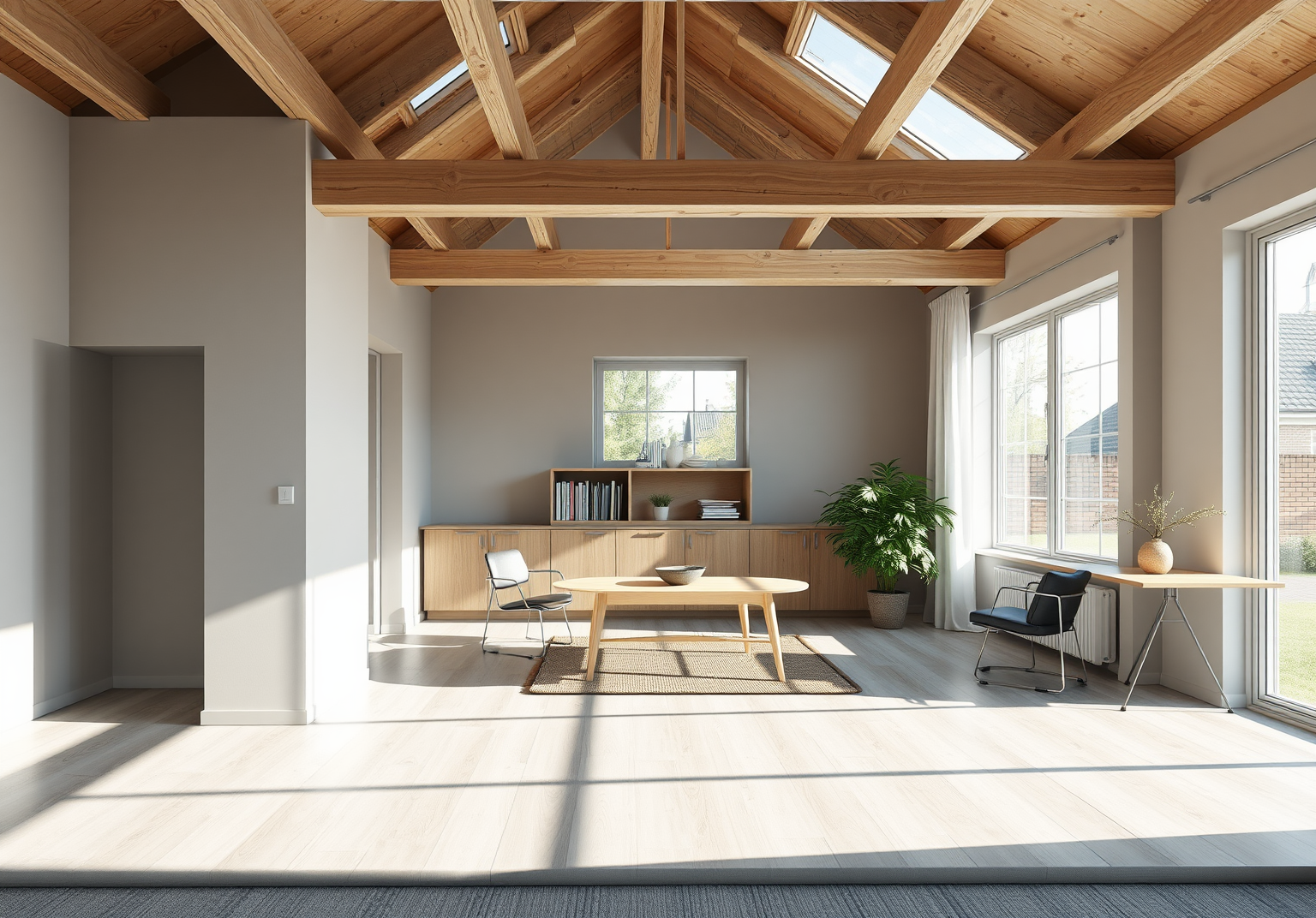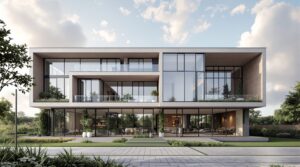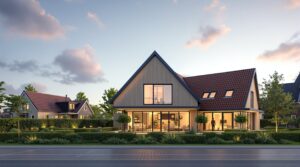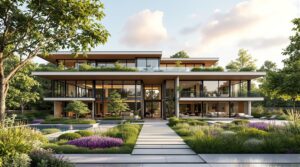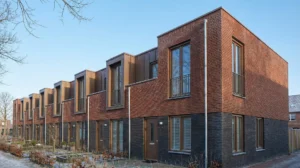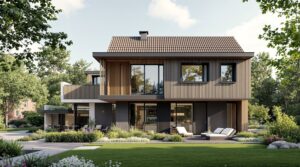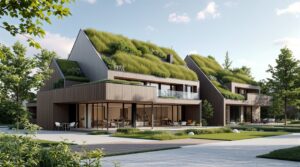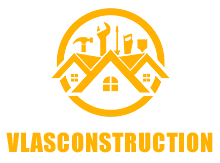Accessibility in Home Renovation: What You Need to Know
Introduction
When considering home renovation in the Netherlands, accessibility is a crucial aspect that should not be overlooked. Whether you are planning to make your current home more accessible or building a new one, understanding the principles and regulations surrounding accessibility can make a significant difference. This article will guide you through the key concepts, necessary permits, and best practices for ensuring your home renovation is accessible and inclusive.
Basic Concepts
What is Accessibility in Home Renovation?
Accessibility in home renovation refers to the design and construction of homes that are usable by everyone, regardless of age, size, or ability. This includes incorporating features such as wide doorways, accessible bathrooms, and adaptable living spaces. In the Netherlands, there is a growing need for accessible homes, especially with the increasing demand for senior-friendly housing.
Universal Design
Universal design is a philosophy that aims to create buildings and spaces that are accessible and usable by everyone. This approach considers the needs of all users, from children to the elderly, and those with disabilities. Incorporating universal design principles can make your home more sustainable and adaptable for the long term.
Permits and Regulations
Before starting any home renovation project in the Netherlands, it is essential to obtain the necessary permits.
Building Permit (Omgevingsvergunning voor bouwen)
A building permit is required for structural alterations, additions, or demolitions that affect the external appearance or load-bearing structure of a building. This includes major renovations, extensions, and changes to the roofline. You need to submit an application to the local municipality (gemeente) with detailed plans, drawings, and specifications.
Environmental Permit (Omgevingsvergunning voor milieu)
An environmental permit is necessary for activities that may have environmental implications, such as installing heating systems, air conditioning units, or solar panels. This permit ensures that your renovation complies with environmental regulations.
Monument Permit (Monumentenvergunning)
If your property is a designated monument, you will need additional permits to ensure that any renovation work complies with heritage preservation regulations.
Spatial Planning Permit (Omgevingsvergunning voor ruimtelijke ordening)
This permit is required for projects that involve changes to land use, such as building a new structure or changing the function of existing buildings.
Accessibility Modifications
Making Your Current Home Accessible
For homeowners in the Netherlands, especially those with disabilities, making the current home accessible is a viable option. You can apply for home accessibility modifications or renovations through the municipality. Examples of modifications include:
- Widening doorways
- Installing a chairlift
- Creating a wheelchair-friendly shower
- Making the garden accessible
- Adding ramps or automatic doors in communal areas of an apartment building.
These modifications can be arranged via a Personal Budget (PGB) or Zorg in Natura, which allow you to choose and manage the services or have the municipality handle the arrangements.
Sustainable and Energy-Efficient Renovations
Sustainability is a key consideration in home renovations in the Netherlands.
Insulation
Improving the insulation of your home is crucial. This includes roof insulation, cavity wall insulation, floor insulation, and double or triple glazing for windows. Better insulation reduces energy consumption and lowers electricity bills.
Heating and Cooling Systems
Replacing old heating systems with modern, energy-efficient alternatives is a priority. Options include high-efficiency condensing boilers, heat pumps, and district heating systems.
Renewable Energy Generation
Incorporating renewable energy generation technologies, such as solar panels, can reduce reliance on fossil fuels and lower carbon footprints.
Government Incentives and Subsidies
The Dutch government offers various incentives and subsidies to encourage energy-efficient and sustainable renovations.
ISDE Subsidy
From January 1, 2024, the Investeringssubsidie Duurzame Energie en Energiebesparing (ISDE) subsidy is available again. This subsidy rewards homeowners who invest in insulation, hybrid heat pumps, solar boilers, electric cooking facilities, or connections to the heating network.
Practical Tips for Accessible Home Renovation
Hire Professionals
For major renovations, it is advisable to hire an architect who can create building plans that combine design philosophy with your accessibility needs. A contractor can then help realize these plans.
Consider Universal Design
Design your home with future adaptability in mind. This includes creating larger family bathrooms, work surfaces at different levels, and adequate circulation space.
Plan for Accessibility Features
Ensure that your home includes features such as:
- Wide doorways and hallways
- Accessible bathrooms with grab rails and non-slip flooring
- Adaptable kitchen spaces with under-bench storage
- Outdoor areas that are easily accessible.
Financing Your Renovation
Bouwdepot
A bouwdepot (construction fund) is a loan alongside your mortgage, specifically intended for home renovations. This fund can be used to pay for invoices from contractors or suppliers, and the interest rate is typically equal to your mortgage interest rate[5].
Conclusion
Ensuring accessibility in home renovation is not only a legal requirement but also a moral and practical necessity. By understanding the necessary permits, incorporating universal design principles, and leveraging government incentives, you can create a home that is inclusive, sustainable, and adaptable for the long term. Always consult with professionals and plan carefully to ensure that your renovation project meets all the necessary standards and regulations in the Netherlands.
Additional Resources
- WMO Helpdesk: For applying for home accessibility modifications or renovations.
- Omgevingsloket: For checking and applying for building permits.
- Dutch Government Website: For information on PGB and Zorg in Natura.
- ISDE Subsidy: For details on sustainability subsidies.
By following these guidelines and resources, you can ensure that your home renovation project in the Netherlands is both accessible and sustainable.

